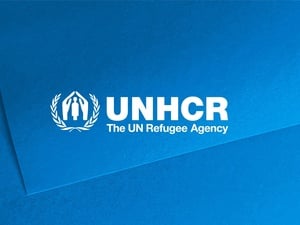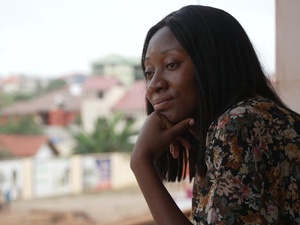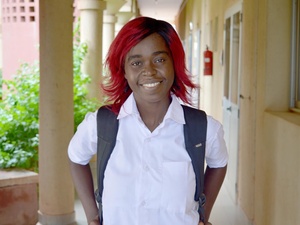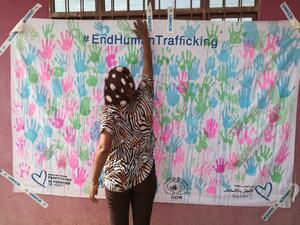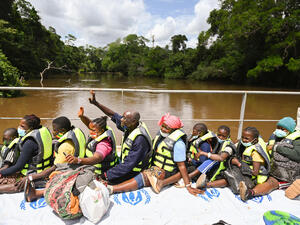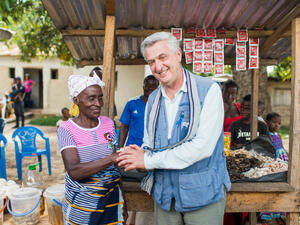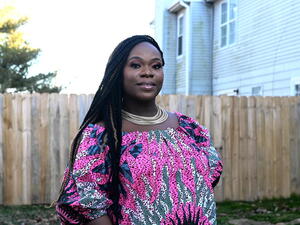Ivorian exodus grows as violence escalates in Côte d'Ivoire
Ivorian exodus grows as violence escalates in Côte d'Ivoire
We are shocked at the escalating violence in Côte d'Ivoire, particularly in Abidjan where this week was by far the most violent since the post-election crisis began. Yesterday, residents of Abobo came under heavy shelling, leaving at least 25 people reported dead and many more injured. Earlier in the week, several other parts of the city also registered attacks.
A police station and the market of Williamsville were burned following attacks. One of our monitors living in the area said she saw at least some 30 shops burned down yesterday and empty bullet shell casings near her house this morning. In Adjame, another main district of Abidjan, a community radio station was also attacked and set on fire. Meanwhile, sporadic gunfire continued to be heard in several districts of Yopougon, where heavy fighting took place on Monday.
The urban warfare in Abidjan is causing further population displacements as it intensifies.
On Wednesday morning, large numbers of internally displaced people (IDPs) could be seen in various areas of the city. In Williamsville, Paillet and Plateau-Dokui, bus terminals were full of families seeking to go back to their villages of origin in search of safety. These districts are in close proximity to Abobo where most of them fled from.
Households hosting IDPs are seeing their resources being depleted. Our colleagues are starting to receive desperate phone calls from both these host families and IDPs for help in alleviating their suffering. We are trying to respond to their calls. However checkpoints, harassment and armed fighting are reducing humanitarian agencies' ability to move and turning aid delivery into a slow and risky undertaking. Despite these obstacles, since Saturday UNHCR has distributed -- via its partners -- aid to 13, 000 displaced people in 31 locations across Abidjan and surrounding villages such as Anyama, Ahouabo and Akoupe.
In the West we are especially worried about the fate of some 3,000 to 5,000 IDPs trapped inside the Catholic Mission in Duékoué, following renewed fighting yesterday. The IDPs are asking for help, telling us they cannot move as surrounding areas have many armed checkpoints. UNHCR and its partners are trying to arrange ways to help this population and we appeal to the warring parities to allow humanitarian access to displaced civilians.
Still in the West, ongoing fighting along the Liberian border is forcing more civilians to flee across the border. The rapidly growing number of Ivorian refugees in Liberia has now reached 90,000, putting tremendous strain on the impoverished host communities. With violence escalating inside Cote d'Ivoire we could soon reach the 100,000 refugee mark in Liberia.
In Ghana, another of Côte d'Ivoire's bordering states, we have seen for the first time this week a sudden rise in the number of Ivorians seeking asylum: over 500 people arrived from Abidjan, when only 160 refugees had previously fled since late November. They ran away as armed conflict intensified in Abidjan where over 300,000 civilians have been displaced. We fear this marks the beginning of a trend since Ghana is only 150 km from Abidjan.
The political instability is also affecting the 24,000 Liberian refugees who are residing in Côte d' Ivoire. Tomorrow, we will begin air repatriation for those of them who wish to go back to Liberia.


